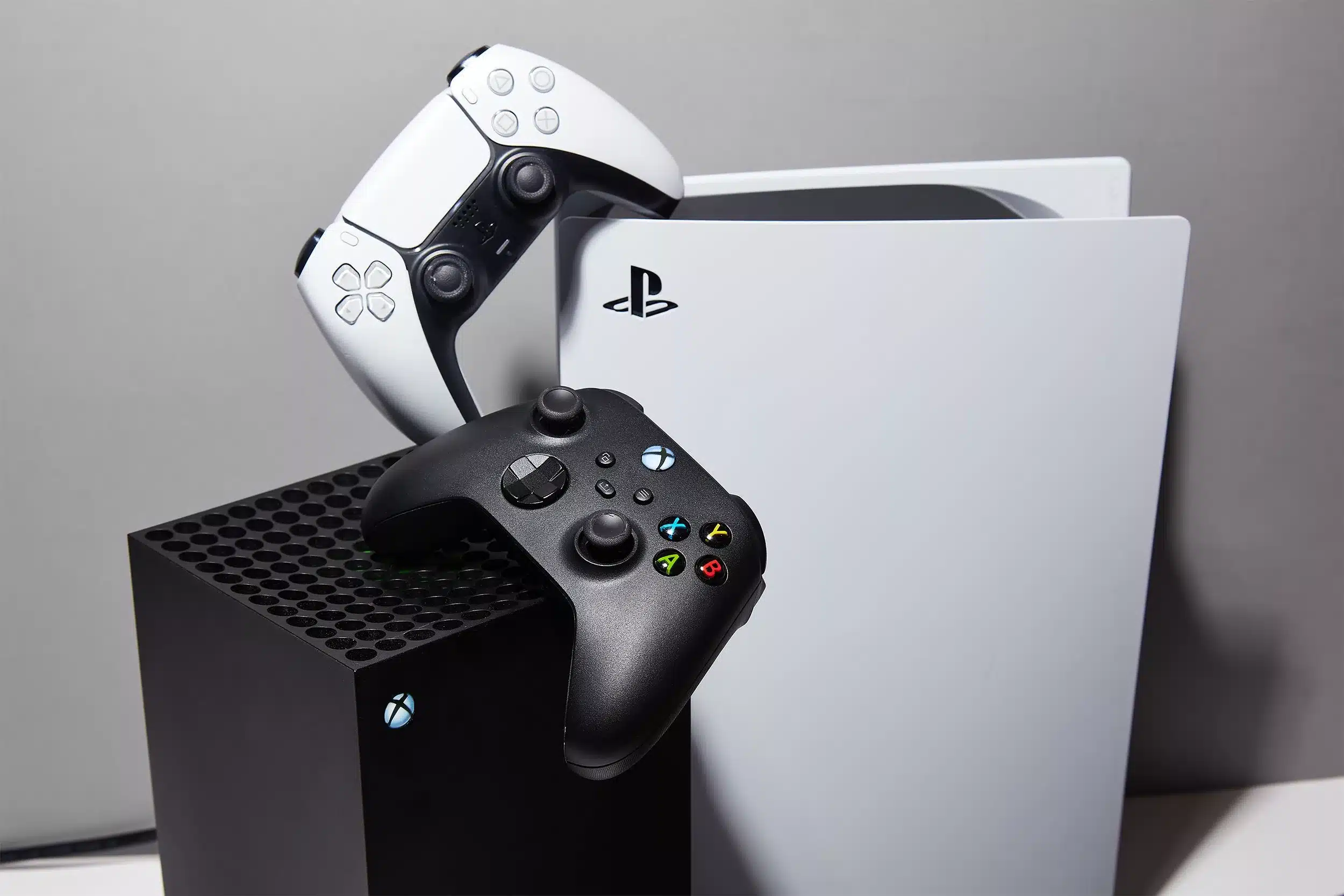
Gaming has become a global phenomenon, with an estimated 2.7 billion gamers worldwide. It’s no surprise that the gaming industry has become a lucrative market for businesses to tap into. In fact, the global gaming market is expected to reach a value of $200 billion by 2023.
With such a large and diverse audience, game marketing has become a crucial aspect of promoting and selling games. In this article, we’ll explore the power of game marketing and how it has evolved with the rise of digital and mobile gaming.
The Evolution of Game Marketing
Traditional Marketing for Board Games

Before the rise of digital and mobile gaming, traditional marketing methods were used to promote board games. This included TV commercials, print ads, and in-store displays. The iconic Monopoly game is a prime example of successful traditional game marketing.
The game was first introduced in 1935 and has since become a household name. Monopoly’s marketing strategy focused on creating a sense of nostalgia and family fun, which resonated with consumers and helped drive sales.
The Rise of Digital and Mobile Gaming
With the advent of technology, the gaming industry has undergone a significant transformation. Digital and mobile gaming have become increasingly popular, with mobile games accounting for 51% of the global gaming market in 2020.
This shift has also brought about changes in game marketing. Traditional methods are no longer enough to reach and engage with the growing gaming audience. Instead, game marketers have turned to digital and content marketing to promote their games.
The Power of Content Marketing in Game Marketing
Creating a Buzz with Trailers and Teasers

One of the most effective ways to generate excitement and anticipation for a game is through trailers and teasers. These short videos give gamers a glimpse of the game’s graphics, gameplay, and storyline, building hype and interest.
For example, the trailer for the highly anticipated game Cyberpunk 2077 generated over 18 million views on YouTube, creating a buzz and driving pre-orders for the game.
Influencer Marketing in the Gaming Industry
Influencer marketing has become a popular strategy in the gaming industry, with many game developers partnering with popular gamers and streamers to promote their games.
These influencers have a large and dedicated following, making them an ideal channel to reach and engage with potential gamers. They often create gameplay videos, reviews, and tutorials, showcasing the game to their audience and influencing their purchasing decisions.
Leveraging Social Media for Game Marketing
Social media has become a powerful tool for game marketing, allowing game developers to reach a large and diverse audience. Platforms like Twitter, Instagram, and Facebook are popular channels for promoting games and engaging with gamers.
Game developers often use social media to share trailers, teasers, and behind-the-scenes content, creating a buzz and building excitement for their games. They also use social media to interact with gamers, answer questions, and gather feedback, creating a sense of community around the game.
How Content Marketing is Changing the Game
Creating Engaging and Interactive Content
Content marketing has become a crucial aspect of game marketing, with game developers creating engaging and interactive content to promote their games. This includes blog posts, articles, and social media posts that provide insights into the game’s development, gameplay, and characters.
For example, the popular game Fortnite has a dedicated blog that shares updates, behind-the-scenes content, and tips for players. This not only keeps players engaged but also attracts new players to the game.
Utilizing User-Generated Content
User-generated content (UGC) has become a powerful tool for game marketing. This includes content created by gamers, such as gameplay videos, reviews, and fan art. UGC not only helps promote the game but also creates a sense of community and engagement among players.
Game developers often feature UGC on their social media channels and websites, showcasing the creativity and passion of their players. This not only helps promote the game but also builds a loyal fan base.
Leveraging Virtual and Augmented Reality
Virtual and augmented reality (VR/AR) have become increasingly popular in the gaming industry, providing a more immersive and interactive gaming experience. Game marketers have also started utilizing VR/AR in their campaigns, creating unique and engaging experiences for gamers.
For example, the game Pokémon Go used AR to allow players to catch Pokémon in the real world, creating a buzz and driving downloads for the game.
The Future of Game Marketing
As technology continues to advance, game marketing will also evolve and adapt to new trends and platforms. Here are some potential future developments in game marketing:
Personalized Marketing
Personalization has become a key aspect of marketing in various industries, and game marketing is no exception. With the use of data and analytics, game developers can create personalized marketing campaigns that target specific demographics and interests.
This could include personalized trailers, social media content, and even in-game experiences tailored to the individual player.
Gamification of Marketing
Gamification is the use of game elements in non-game contexts, and it has become a popular trend in marketing. In the gaming industry, this could mean incorporating elements of gameplay into marketing campaigns to engage and entertain potential players.
For example, a game developer could create a mini-game that promotes their upcoming game, providing a fun and interactive experience for players.
Game marketing has come a long way from traditional methods to utilizing digital and content marketing strategies. With the rise of digital and mobile gaming, game marketers have had to adapt and evolve to reach and engage with a diverse and global audience.
Through content marketing, social media, and influencer partnerships, game developers can create a buzz and build excitement for their games. As technology continues to advance, game marketing will also continue to evolve, providing new and innovative ways to promote and sell games.








Leave a Comment
You must be logged in to post a comment